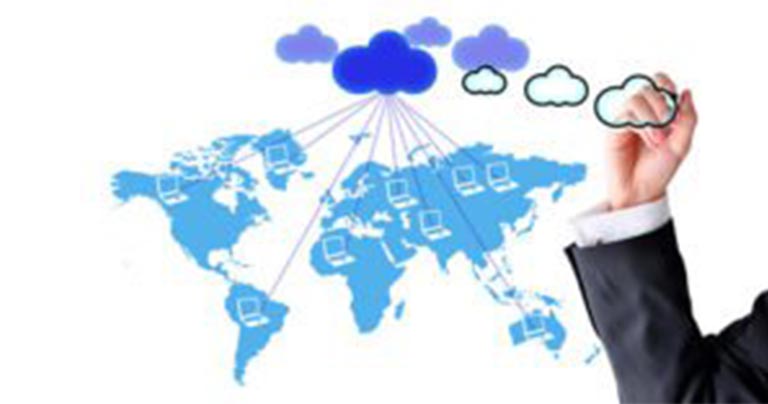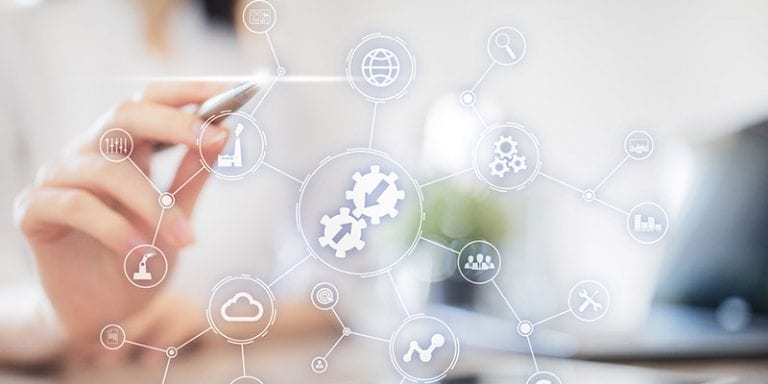Massive data breaches are the real deal. Home Depot, Equifax and Yahoo have all experienced these ruptures due to poor security setup, mismanagement in the monitoring process and by overlooking the very threats that took them down. If this isn’t a wake-up call for organizations of all sizes, then we don’t know what will be. If you haven’t thought about how your organization protects it’s most important ERP cloud data, specifically, the HCM side of it, now would be a good time to do so.
Major hacks by the numbers:
- Home Depot — 53-million accounts compromised
- Equifax —148-million accounts compromised
- Yahoo — 3-billion accounts compromised
Why you need to protect your HR data within the ERP cloud
Data security is an HR responsibility. The human resources department holds so much sensitive, personal information that belongs to its employees, it would be a slap in the face to them if they knew how unprotected their data is within some organizations.
According to Steven T. Hunt, Human Capital Management Research, SAP, growth in cyberattacks among HR systems is a real, underrated threat.
“Ransomware made its main stage debut in 2017 with the WannaCry and NotPetya attacks. In 2018, ransomware threats will continue to proliferate. HR systems have not historically been a major target of cybercriminals. Unfortunately, this will change. There will be a growing number of attacks against human resources departments, with cyber-criminals posing as potential applicants in the hopes of infecting the larger organization.”

What information in the HR department is so important that we really need to worry about data security?
The HR department holds the following data from current, potential and past employees:
- Social security numbers
- Medical history
- Compensation
- Benefits
- Phone numbers and addresses
From this, we’ll let you be the judge and decide what components of the data listed above are important enough to really secure…
HINT: All of it. All of it needs to be secured immediately if you haven’t done so yet!
The more organizations continue to progress further into the future by adopting new technology and offering their employees flexible benefits such as working remotely, the more HCM and ERP cloud security become much more important. Employees working at a remote location will need to rely on their own mobile devices, access the internet via a connection, not through their place of employment while utilizing cloud-based technology.
With a click of the mouse by an unaware employee, organizations stand to lose control over customer, employee and business data.
The number of U.S. data breaches hit an all-time high of 1,093 in 2016, according to Identity Theft Resource Center (ITRC) and CyberScout. Hacking/skimming/phishing attacks were the leading cause of data-breach incidents (55.5 percent). The second most common type of breaches (9.2 percent) involved accidental email/Internet exposure of information. Employee error was the third most common breach at 8.7 percent.
The rippling effect that takes place after a data breach can potentially take down organizations who don’t have the same power and equity that Home Depot, Equifax and Yahoo have.

Organizations who face a data breach can potentially face the following consequences:
- Loss of trust from customers, employees, management and the overall public
- Potentially losing hundreds of thousands or millions of dollars
- Being a poster organization for “what not to do” with the sensitive data a company holds — history will always remember
Now is the time to start securing your HR Data
Cyberattacks can happen at alarming speeds, and data breaches can cause severe damage to companies. According to the 2017 Cost of Data Breach Study from IBM and the Ponemon Institute, the 419 companies participating in the study had an average cost of $3.62 million per breach and the average per capita cost of a data breach was $141 in the United States.
The monetary costs of data breaches may be staggering, but businesses also risk the loss of customers, reputation, and goodwill in the marketplace. These are difficult to get back. Given the high stakes involved with corporate data security and the speed with which hackers can attack, HR must be proactive and ensure data security through an understanding of what services cloud-based HCM software can provide, how vendors protect important employee information and how to drive employee awareness. This approach can help HR departments provide employees the flexibility they desire in today’s interconnected workplace while also protecting their data from outside threats.
ERP consultants interested in partnering their offerings with an HCM solution can check out How Arcoro can Help you Leverage More Sales!
The security benefits of pairing Arcoro with ERP cloud systems
Security capabilities
In the era of hacking and spying, companies should be concerned with protecting employees’ privacy. Arcoro safeguards system and data security via:
- Two-Factor Authentication
- SOC 2 certification
- HIPAA-compliance
- Experienced network and security engineers who monitor and support infrastructure
- 24/7 monitoring and intrusion detection
- Technologies to counter emerging security threats
- Online infrastructure redundancy
- Disaster recovery plans in line with industry-standard best practices
As a reputable, future-proof HCM platform, Arcoro stands out in a number of ways:
- It integrates with well-known ERP names such as Acumatica, Netsuite, Sage 100 & 300 and more
- It allows only authorized users to access sensitive worker information
- It comes with top-notch customer service and support
- It features an intuitive interface via online, in the cloud
- It updates modules and functionality without interrupting client workflows
- It saves end users money




